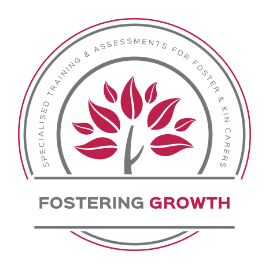Human Development
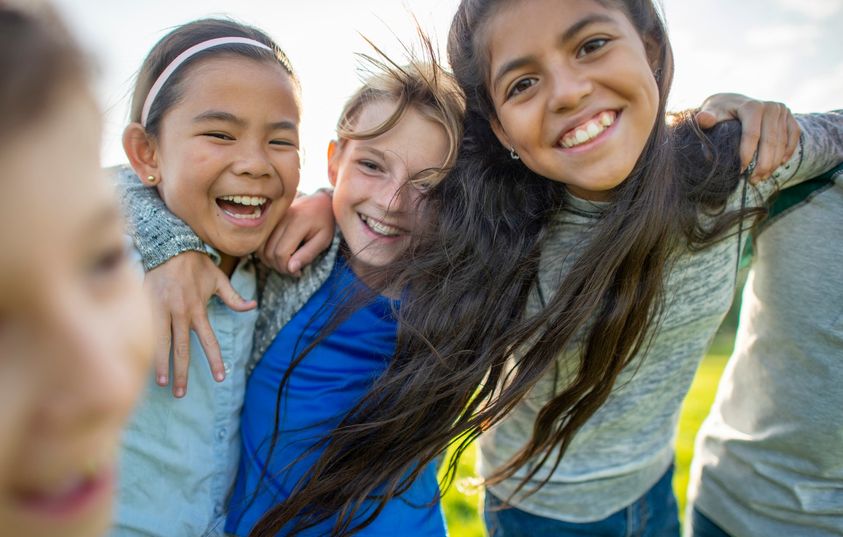
Understanding human development theories can be a game-changer for foster and kinship/relative carers. These frameworks provide insight into how children grow emotionally, cognitively, and socially, and help carers recognise milestones, address trauma, and respond to individual needs with empathy and confidence. By applying these theories, carers can create nurturing environments that foster security, healing, and […]
Respectful Relationships with Young People with Mental Health Concerns
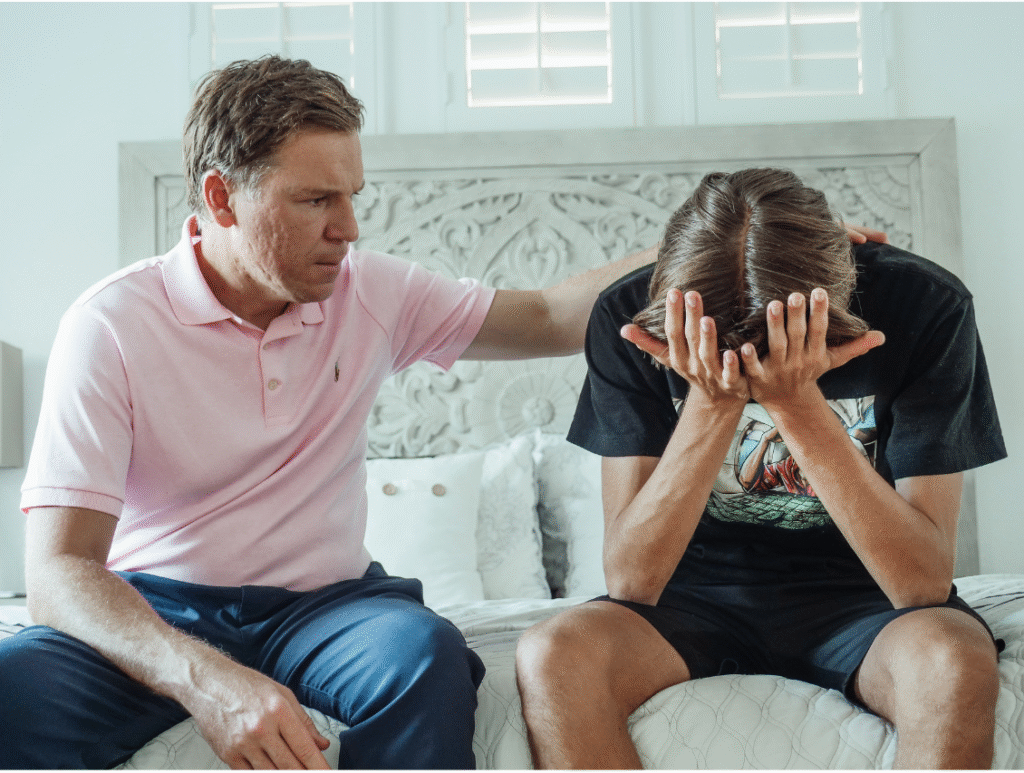
Trust and respect are essential foundations for supporting young people with mental health challenges. For carers, building respectful relationships creates a sense of safety and partnership, while fostering understanding and hope. This course provides carers with practical tools and insights to connect meaningfully with young people, respond with compassion, and offer informed, effective support. By […]
Fostering Conversations about Sexual and Reproductive Health

‘…not every young person’s experience of sex has been positive. Our goal is to support young people reach a positive sexual sense of self despite past trauma.’ For many young people in out-of-home care or justice settings, past trauma can make conversations about sexual health and relationships complex but essential. Trauma often leads to poorer […]
Advocate for Yourself and Others
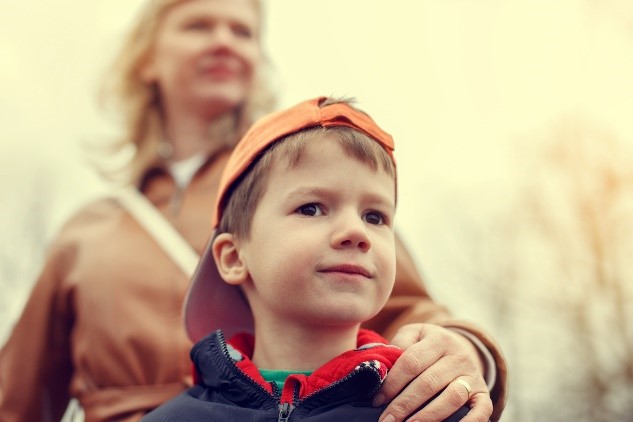
Whether you are a foster carer, kinship carer, adoptive parent, or a worker in the out-of-home care sector, advocacy is a vital part of your role. There will be many occasions when you will need to speak up for the child or young person in your care, for yourself, your family, or for others. Effective […]
Understanding and Managing Anxiety in Children and Young People
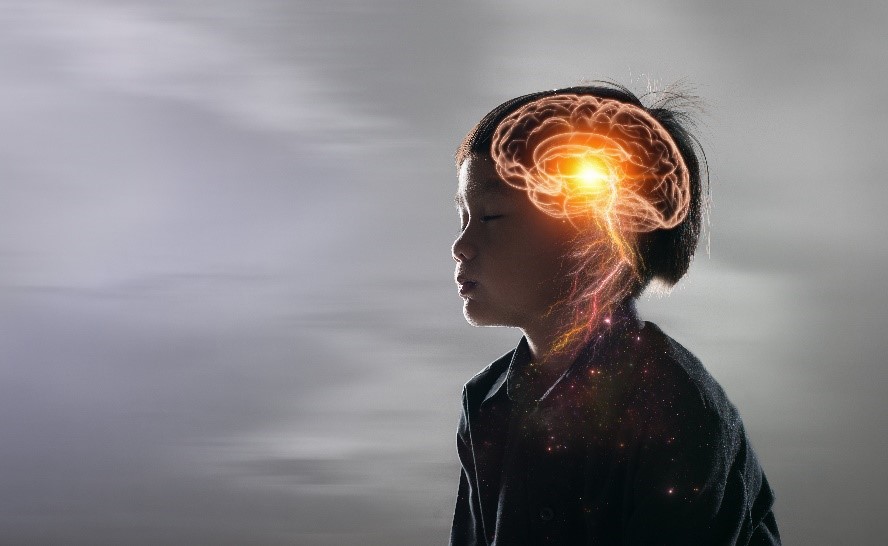
Caring for or working with children and young people brings many rewards, but it can also involve challenges—one of which is supporting those who experience anxiety. Anxiety is one of the most common mental health concerns for children and young people, and understanding its causes and impacts is key to providing effective care. This course […]
Caring for a Child or Young Person from a Culturally and Linguistic Diverse (CALD) Background

As a carer, you may support a child or young person whose culture and background differ from your own. Children and young people from Culturally and Linguistically Diverse (CALD) backgrounds often face unique challenges when placed in care, particularly when living with families from a different culture. Maintaining their cultural identity is vital for their […]
Caring for a Child or Young Person who has Experienced Sexual Abuse
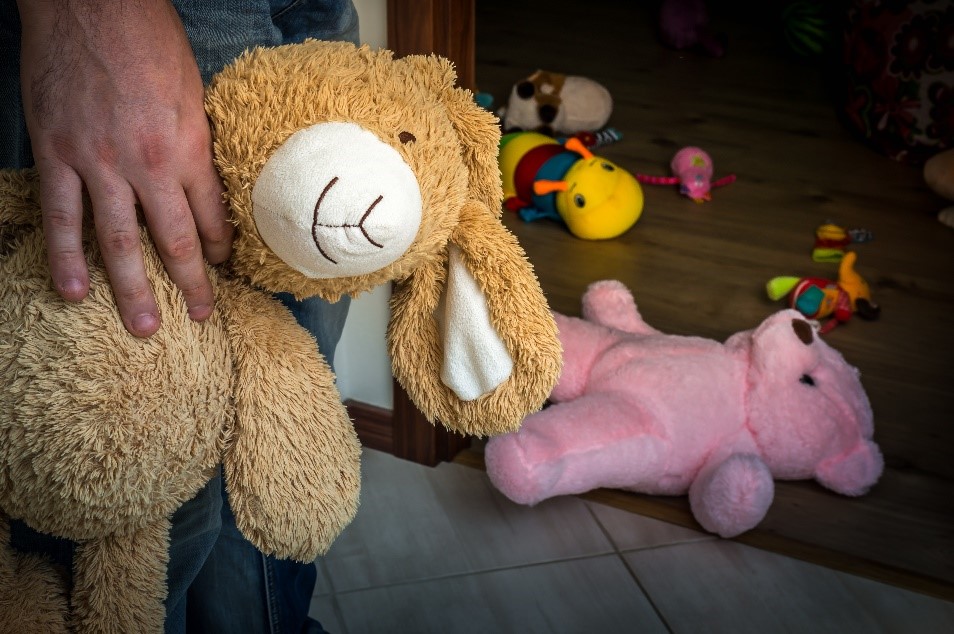
Research shows that between 20–40% of girls and 10–15% of boys experience sexual abuse before the age of 16. The impact of such experiences can be profound and lifelong. This course is designed to increase carers’ understanding of child sexual abuse, its effects on children and young people, and to provide practical strategies for offering […]
Life Story Work: Be Real, Be Honest
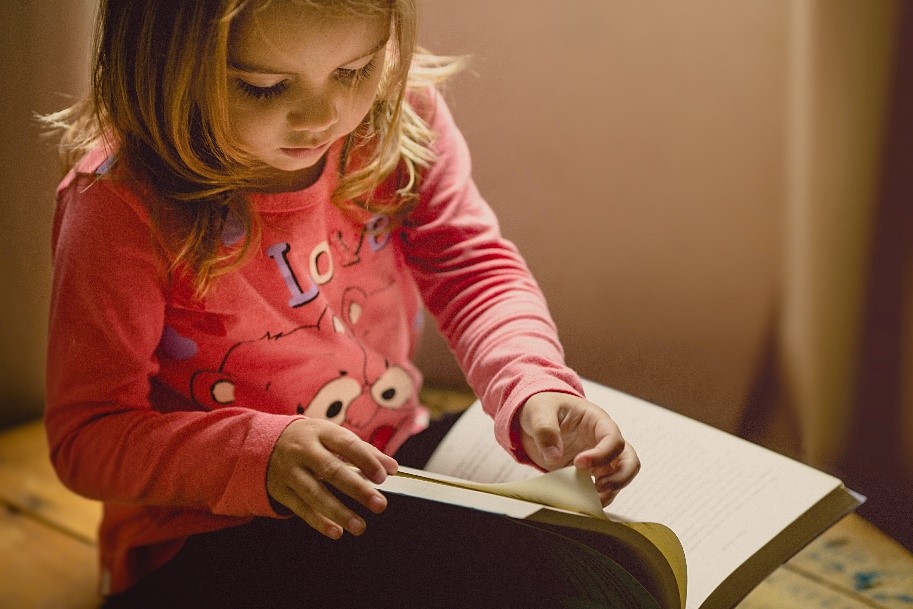
Every child and young person has a life story that is unique, valuable, and worth preserving. For those in care, life story work is a vital way to promote identity, belonging, and healing. This short course highlights the importance of capturing and nurturing each child’s individual journey in a way that honours who they are […]
Relative and Kin Care
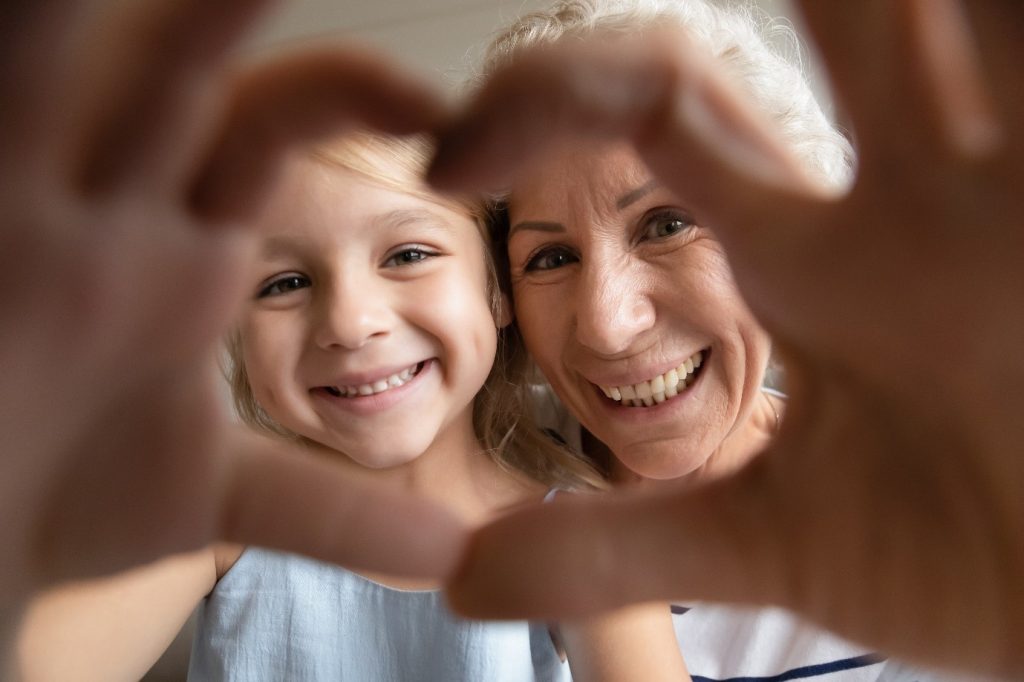
Thank you for stepping into the vital role of caring for a child or young person within your extended family or community. When children are unable to remain with their parents, kinship care provides an essential sense of belonging and continuity, helping them stay connected to their family, culture, and identity. Kin carers play a […]
Nurturing Hope: Supporting Substance Exposed Babies Module 1
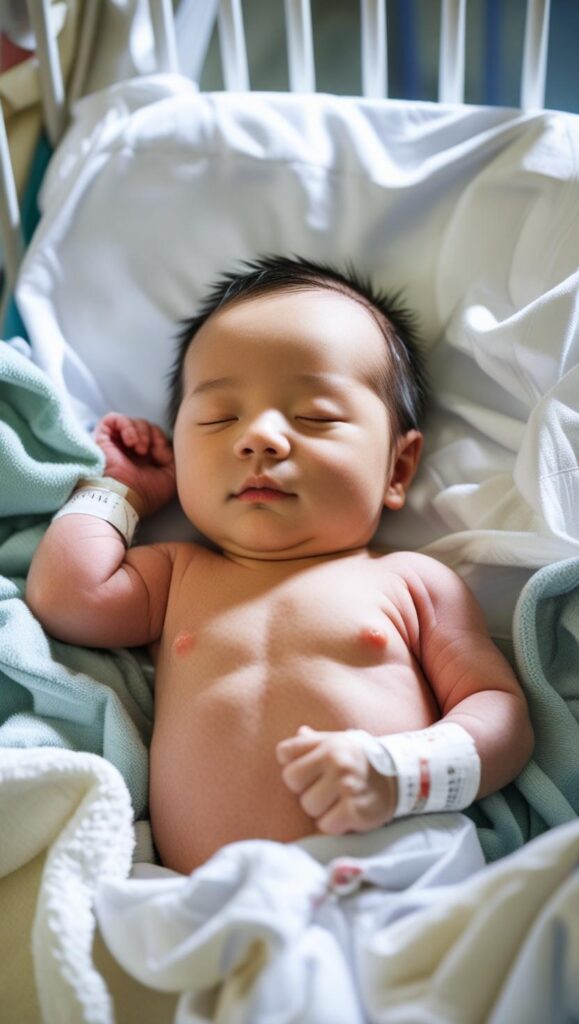
Caring for substance-exposed infants is both rewarding and complex. This essential course equips foster and kinship carers with the knowledge, compassion, and confidence to support babies affected by prenatal substance exposure. You’ll gain practical, trauma-informed, evidence-based strategies that make a real difference in a child’s healing journey. By the end of this course, carers will […]
